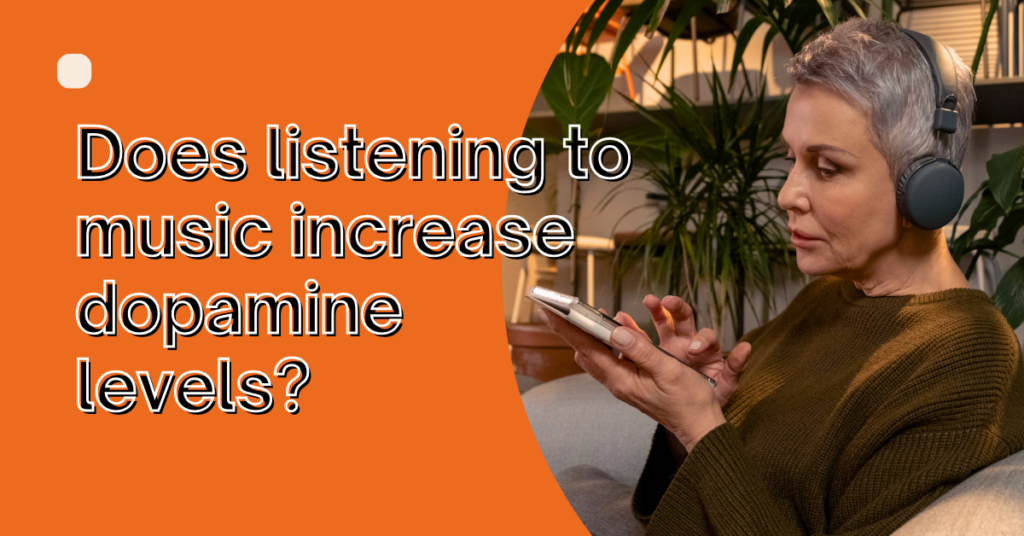Music has a unique ability to evoke emotions, create moods, and influence our overall well-being. It’s often said that music has the power to soothe the soul, but how does it affect our brain chemistry? In recent years, scientific research has delved into the relationship between music and neurotransmitters, particularly dopamine, the “feel-good” chemical in the brain. In this article, we will explore the intriguing connection between listening to music and the increase in dopamine levels.
Understanding Dopamine
Dopamine is a neurotransmitter that plays a crucial role in mood regulation, pleasure, and reward. It’s often associated with feelings of pleasure and reinforces behaviors that contribute to pleasure, motivation, and the ability to experience positive emotions. Activities such as eating, exercising, and social interactions can trigger dopamine release, creating a sense of pleasure and satisfaction.
The Pleasure of Music: A Dopaminergic Symphony
Several studies have explored the effects of music on dopamine levels. When we listen to music we enjoy, our brain’s reward system is activated, leading to the release of dopamine. This process is particularly prominent when listening to music that resonates with our emotions and personal preferences. Whether it’s a favorite song, a moving melody, or an energetic rhythm, music has the power to stimulate the brain’s reward centers, leading to an increase in dopamine levels.
Musical Preferences and Dopamine Release
One fascinating aspect of the relationship between music and dopamine is the role of individual musical preferences. Studies have shown that when people listen to music they like, their brains release higher levels of dopamine. This suggests that our brains are wired to respond positively to the music we find appealing, creating a personalized and pleasurable experience.
The Impact of Live Music
Live music experiences, such as concerts and performances, can intensify the connection between music and dopamine. The communal atmosphere, the energy of the crowd, and the emotional resonance of live performances enhance the brain’s reward response. Attending concerts or music events can lead to a significant surge in dopamine levels, contributing to the euphoric feelings often associated with live music experiences.
Music Therapy and Mental Health
Given the impact of music on dopamine levels, music therapy has gained recognition as an effective tool for managing mental health conditions. Listening to or creating music can help alleviate symptoms of depression, anxiety, and stress. Engaging with music therapy interventions, under the guidance of trained professionals, can enhance the brain’s dopamine release, providing emotional relief and improving overall well-being.
Conclusion
The relationship between music and dopamine levels highlights the profound influence of music on our brains and emotions. Whether we’re listening to our favorite tunes, attending live performances, or engaging in music therapy, the experience of music is intertwined with the release of dopamine, creating a pleasurable and emotionally enriching effect. As we continue to explore the fascinating realm of music and neuroscience, it becomes increasingly clear that music’s impact on our brain chemistry is a harmonious symphony of pleasure, emotion, and well-being.


